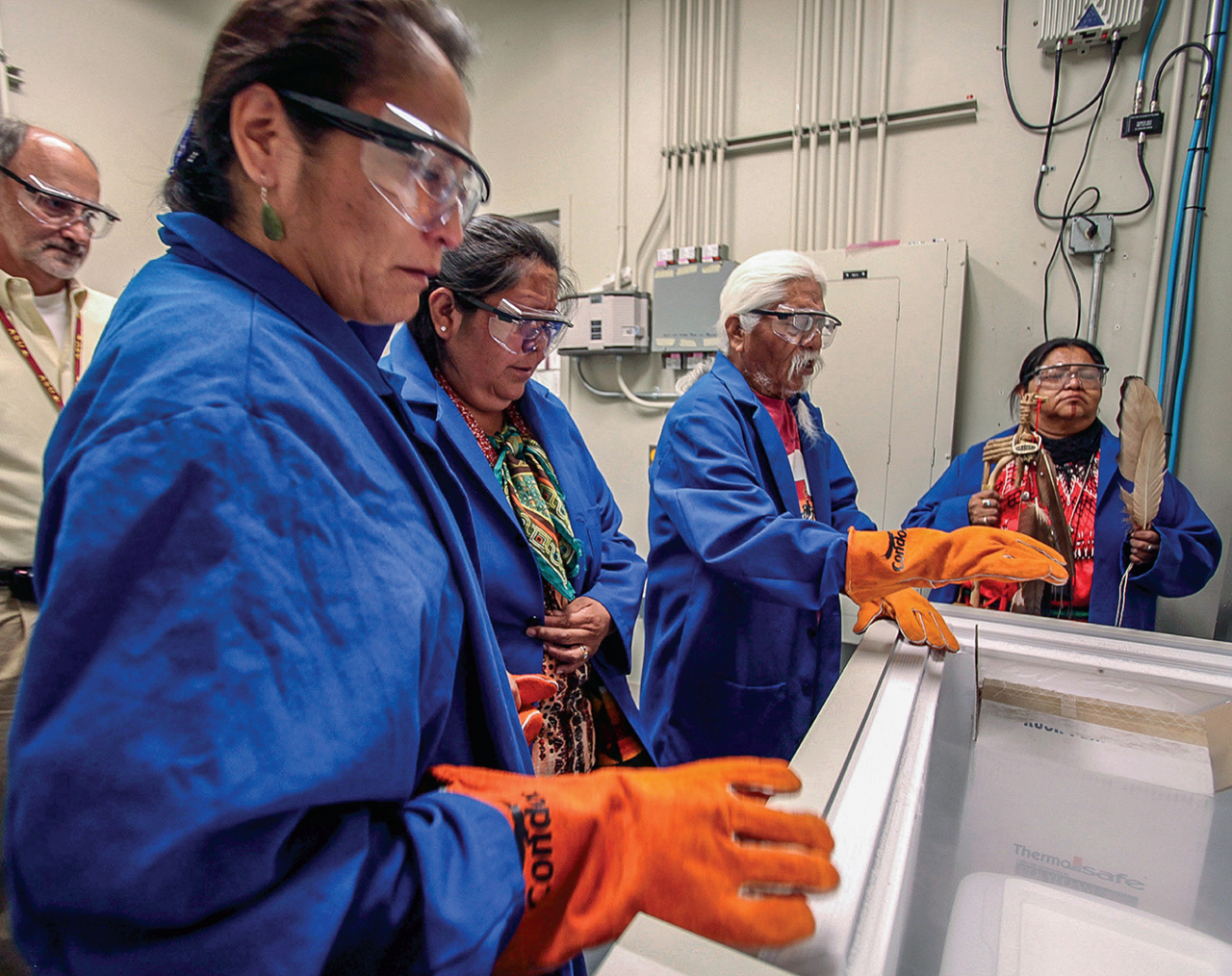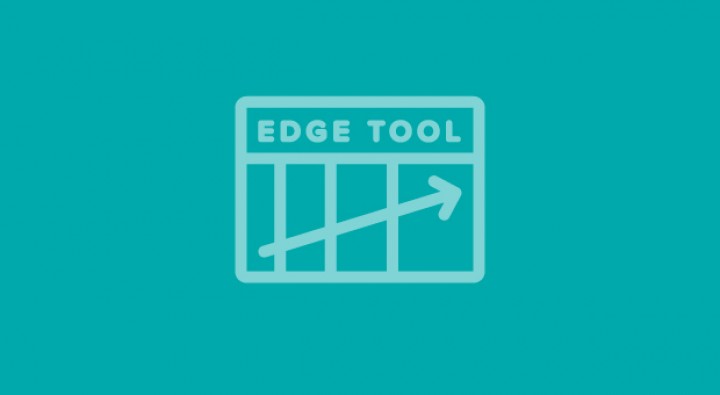Taking it to the Next Level: How can we generate leadership and develop practice in engagement? Workshop Pre-Reading
This page brings together a collection of resources and materials which were presented as pre-reading for the 7th Wellcome International Engagement Workshop.
Capacity and Leadership
Literature: Building an Evidence Base for Stakeholder Engagement (Lavery 2018)

Image: Jim Wilson/The New York Times/Redux Pictures, in Lavery 2018.
This article argues that for community and stakeholder engagement (CSE) to become more widely accepted, an empirical body of evidence on the nature and contributions of CSE strategies to science programmes must be established. Lavery identifies six features (from case study: Eliminate Dengue) that appear to have contributed to a perception of success among stakeholders:
-
Consistent support (enabling condition) from funders/implementation partners
-
Clear and consistent leadership to establish CSE as a priority within programmes
-
Inclusive view of stakeholders
-
Proactive approach to eliciting stakeholder interests/insights and willingness to be flexible
-
Clear and coherent set of guiding principles and ethical commitment to stakeholders
-
Explicit management strategy
With regard to strategy, Lavery also identifies core components of CSE strategies and where the current gaps in evidence are (see Table S1).
The workshop will explore elements of engagement strategies, and their role in generating leadership and developing the practice of engagement. Jim Lavery will be presenting at the workshop on engagement strategies and giving a keynote on 'Engagement in global health: What does success look like for the field?'.
---
See Chapter 2 (pages 19-36): The Basics of Capacity, Organisational Capacity Development and Evaluation.
This chapter provides a clear introduction to the key aspects of organizational capacity development, drawing on examples from development and research organisations. It highlights the distinction between ‘operational capacity’, for the everyday functioning of organisations, and ‘adaptive capacity’, which supports organisations to learn and adapt to dynamic circumstances. Further chapters of the book consider management of capacity development, the role of partnership, and evaluating capacity development.
---
Blog: What have we learnt about capacity development so far? (Engel 2014)
This blog draws out lessons from research on capacity development since the 1990s, primarily in the field of international development assistance and cooperation. Engels puts forward four lessons to consider when approaching capacity development:
-
Stakeholders and networks need to drive their own capacity development process
-
To strengthen capacity, weneed to understand existing competencies and capabilities
-
We need to understand how capacity develops within particular contexts
-
We need to create space for stakeholder improvisation and out-of-box solutions
Paul Engel is the Director of the European Centre for Development Policy Management (ECDPM).
---
Web Resource: INTRAC Organisational and Capacity Development

Image: INTRAC
The INTRAC website provides a variety of resources on capacity development in the international development sector.INTRAC are an organisation that exists to strengthen the effectiveness of civil society to challenge poverty and inequality, and one of their five pillars of work is: organisational & capacity development. They have a number of blogs and articles on capacity building, including ‘Capacity Building: The Impact of Practice’, which discusses the experience acquired during the implementation of a capacity-building programme in Niger.
INTRAC also have number of articles on developing leadership:
-
NGO Leadership Development: A Review of the Literature - This paper provides an overview and introduction to different styles of leadership and how leadership has been understood in the not-for profit sector drawing on available research. It highlights some of the organizational and personal challenges of development leadership.
-
Executive Coaching for Leadership Development - An article illustrating how coaching can be used with leaders and staff in situations of internal tension.
---
EDGE Tool - Self-Assessment of an Institution's Support for Public Engagement

This tool aims to help institutions assess how well they are supporting public engagement, and aid reflection on where engagement could be developed and where to focus efforts.
The tool has a UK focus (developed by National Co-ordinating Centre for Public Engagement NCCPE) and may not fully reflect the capacities needed in community and public engagement internationally. But it is an example of a useful approach to tracking developing levels of capacity over time.
This article aims to use evidence to inform the design of a replicable, but flexible, process to guide health research capacity strengthening that could be customised for different contexts, and provide a framework for planning, collecting information, making decisions, and improving performance. Although the case studies discussed focus on research and science provision, the approach and methods are also applicable outside of this context. Their five-step approach to capacity strengthening includes: defining the goal, identifying optimal capacity, identifying capacity gaps, actions to fill capacity gaps, and consolidation and sustainability of new capacity.
---
This article identifies types of evidence that could be used for indicating whether capacity building is likely to be sustainable. Suggested indicators include:
-
Early engagement of stakeholders
-
Institutionalisation of activities
-
Funding for core activities secured
-
Management and decision-making led by southern partners
The article also puts forward a comprehensive framework for monitoring and evaluating the capacity building of programmes, from the experiences of four case studies.
---
Webpage: Capacity Research Unit (CRU)
The CRU, at the Liverpool School of Tropical Medicine (LSTM), signposts towards a number of key publications in health research capacity strengthening. See full list here. The Capacity Research Unit specialises in the science of capacity strengthening, generates practical and theoretical knowledge about what works for capacity strengthening in LMICs, and develops rapid assessment tools to identify strengths and gaps in research infrastructure.
---
Webpage: Capacity.org
This website is also a useful, gateway website for capacity development in the international development sector (produced by ECDPM). The site is currently under reconstruction, but keep an eye on it in the future.
---
Other Subjects Explored in the Workshop:
Human Infection Studies
There will be a session at the workshop on Human Infection Studies as a new direction in engagement that brings a unique set of challenges, capacities, and ethical considerations.
Controlled Human Infection Models (renamed Human Infection Studies) are ‘the deliberate infection of healthy volunteers with [a] parasite to assess the efficacy of potential vaccine and drug candidates’. This paper discusses a malaria study at Kemri and, in particular, their experiences of engaging communities and recruiting volunteers. The paper explores: community engagement prior to recruitment, informed consent, unintended causes of in/exclusion, compensating volunteers, motivations for participation, perception and trust.
---
Webpage: Wellcome Vaccines Page
This page gives an overview of the work Wellcome is doing with regard to vaccines more widely, including a comprehensive introduction to Human Infection Studies. Watch the animation below for more on what Human Infection Studies are and why they’re important.
Video: Wellcome's animation explains what human infection studies are and why they're important (Wellcome)
---
The content on this page forms part of the online report for the 2018 International Engagement Workshop “Taking it to the Next Level: How can we generate leadership and develop practice in engagement?". To learn more about the workshop, access the rest of the report and browse the video presentations, discussion summaries, and tools, visit the workshop page.

This work is licensed under a Creative Commons Attribution 4.0 International License.
